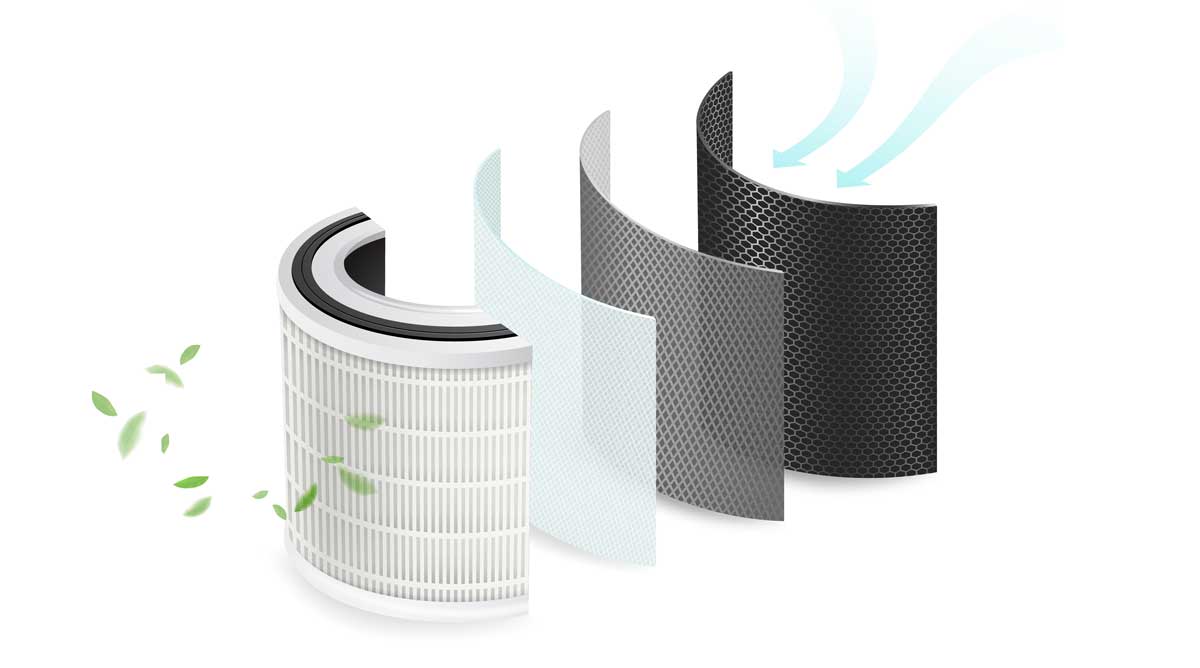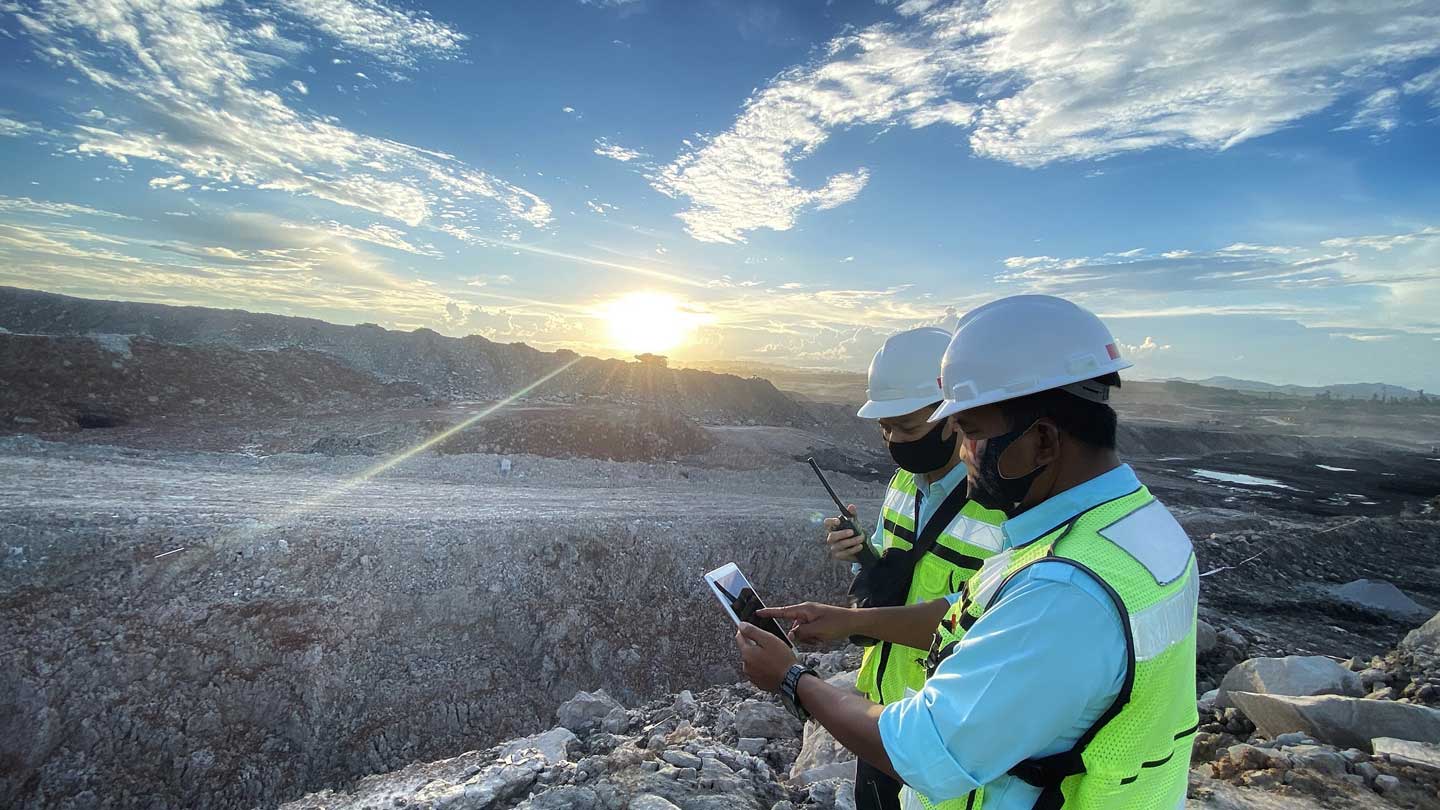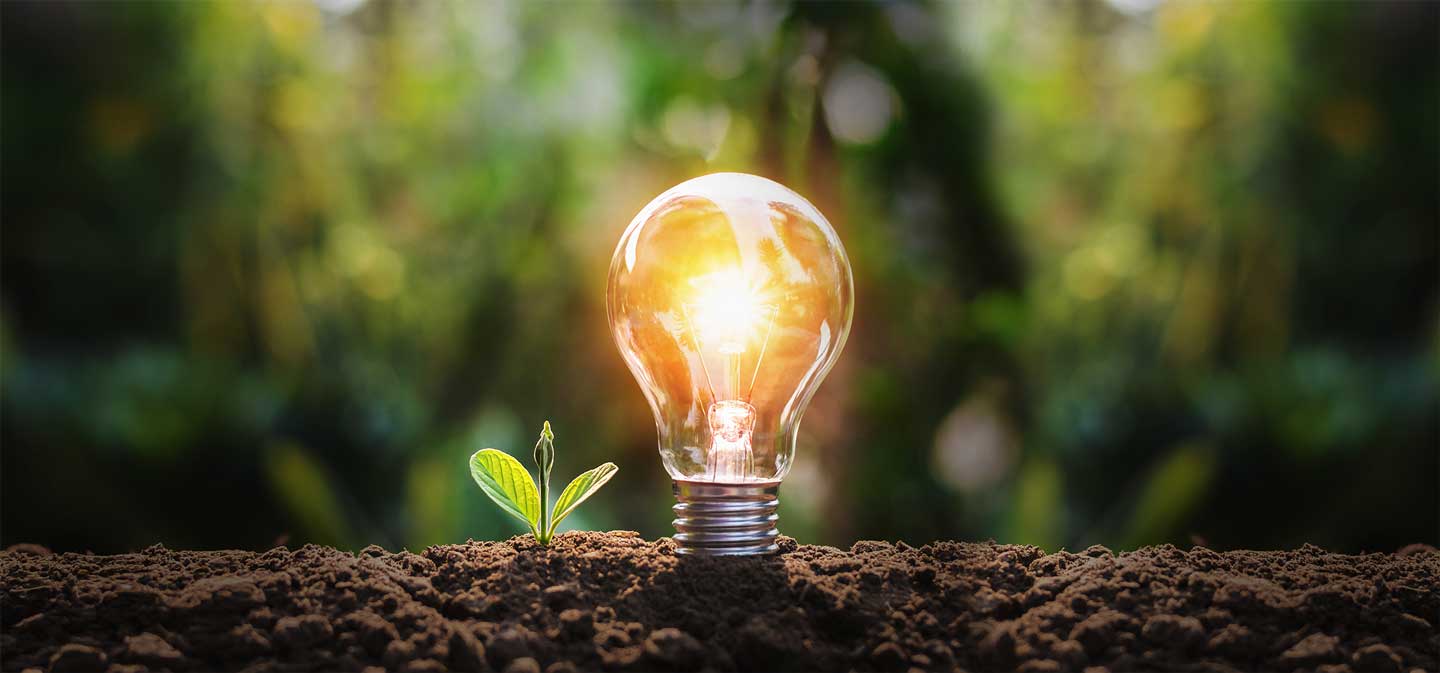The science of sunscreen has been well documented over the last four decades. Consumers of late have been in a frenzied search for the best sunscreen made of natural ingredients, wary of so-called “dangerous chemicals” found in most common sunscreen brands. Though researchers maintain that traditional sunscreen is completely safe, a new study pairs nature with lab work to present promising findings.
A Naturally Better Sunscreen?
Most sunscreens contain titanium dioxide (TiO2), a white, light-reflecting pigment. One crystalline form has been shown to potentially damage skin by producing free radicals, so a team of scientists at The University of Ottawa started testing different additives for their effects. While it’s well known that chemical compounds such as silica and aluminum work well to decrease these free radicals, the researchers hoped to find a more “natural” solution.
Enter: lignin. A highly phenolic polymer that just so happens to be a byproduct of the paper, sugar cane, and wood pulp industries, lignin is a natural antioxidant. When added to TiO2 containing sunscreen, lignin didn’t just trap free radicals, it actually helped the sunscreen block UV better.
The Myriad Benefits of Lignin
Why does lignin work so well? It’s all because avobenzone, a common sunscreen ingredient that effectively blocks out UV rays, degrades quickly in sunlight. Turns out, particles coated with lignin then mixed with avobenzone prevented the substance from degrading so quickly. Additionally, the naturally-occurring functional groups in lignin such as phenols, ketones, and chromophores absorb UV themselves, giving the additive a one-two punch when it comes to effectiveness.
Sunscreen compounds made with lignin for the study didn’t just work better than traditional sunscreens, they worked better after being exposed to sunlight. With effectiveness measuring up to SPF-89, the study has attracted attention of both cosmetics companies and anti-aging brands globally. And since over 50,000,000 pounds of lignin waste is already produced each year, investors are excited about what could be a very lucrative discovery.
Sunscreen is one of the trendiest topics in cosmetic chemistry. Noah Chemicals works with manufacturers and researchers all over the country to provide high-purity chemicals for both production and R&D. If you have questions about how Noah Tech’s on-staff chemists can help you, contact us today.




